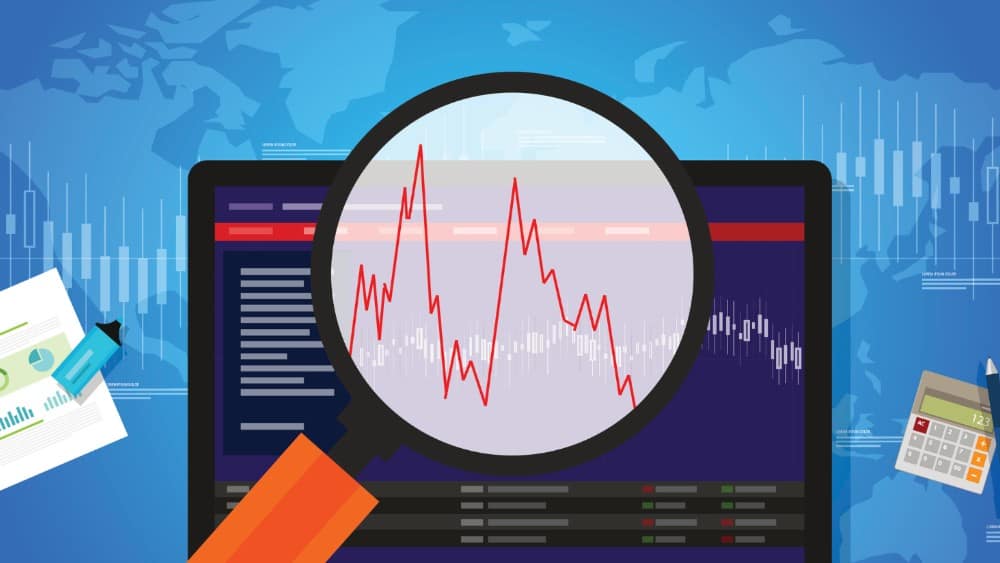This past week, stocks resumed their slide following a brief April rally. After U.S. Fed Chair Jerome Powell warned of a prolonged recession, investor sentiment dimmed, sending stocks 4.4% lower by Thursday morning.
Powell’s remarks came after the volatile early phases of U.S. economic re-opening. Last month, the first American states began to re-open from their COVID-19 shutdowns. The approaches taken varied from state to state; some moved swiftly, while others were more cautious. The varying approaches indicated that the nation as a whole would not be getting back to business quickly.
In Canada, it was much the same story. Some provinces, like Quebec, planned to re-open quickly, while others warned of lockdowns lasting the whole summer.
Given the continued uncertainty, many investors are pulling out of equities. While the March COVID-19 market crash priced in the effects of a short lockdown quickly, it didn’t account for the possibility of a prolonged recession. Now, we’re beginning to see the market take that possibility into account.
Amid such an environment, it’s tempting to pull out of stocks. Volatile markets make for jittery nerves, and it’s easy to just sell your portfolio and be done with it. But it’s best to resist that temptation. Studies consistently show that those who stay the course in the markets fare best.
And you don’t even need to take big risks to do that. By changing your asset allocation, you can build a recession-resistant portfolio that does well in good times and bad.
Here’s how:
Buy investments that perform well in bull or bear markets
There are plenty of investments that do well in bull markets. Some investments do well in bear markets. There are also investments that do well in bull and bear markets. At a time like this, it’s the latter type of investment you want in your portfolio.
One great recession-resistant asset class to consider is utility stocks. Utilities like Fortis Inc (TSX:FTS)(NYSE:FTS) tend to outperform in bear markets, due to their ultra-reliable revenue streams. Consumers won’t cut out electricity even in the middle of recessions.
It’s one of the bare essentials of life, so utilities like Fortis can keep earning steady revenue even when the economy is doing poorly.
As a result of this, utility stocks tend to outperform in bear markets. By example, Fortis fell just 27% from top to bottom in the March stock market crash, while the TSX fell about 37% in March. Similarly, the company’s earnings results in Q1 were better than the TSX average.
While Fortis’ earnings missed analyst estimates by 4.2%, that’s actually not a bad miss in the wake of COVID-19. Some companies, such as Air Canada, swung from solid profits to huge losses. For Fortis to have earnings basically flat year over year is a success compared to much of the economy.
Utility stocks like Fortis are among the best assets to hold through both bull and bear markets. This is in contrast to gold, which tends to rise during recessions but doesn’t do much in roaring economies. That said, it is a good idea to diversify into other asset classes, which I’ll touch on briefly.
Diversify
As previously mentioned, utilities are your best bets if you’re looking for recession-resistant stocks. But it’s always good to have some exposure to other asset classes in your portfolio.
Bonds have more dependable income than even defensive stocks, because interest gets paid before dividends. Treasuries are particularly safe, but have some of the lowest yields around.
Generally speaking, a diversified portfolio of utility stocks, corporate bonds and treasuries should keep you pretty safe through a bear market. But as always, do your own research and find a level of risk exposure that’s right for you.








